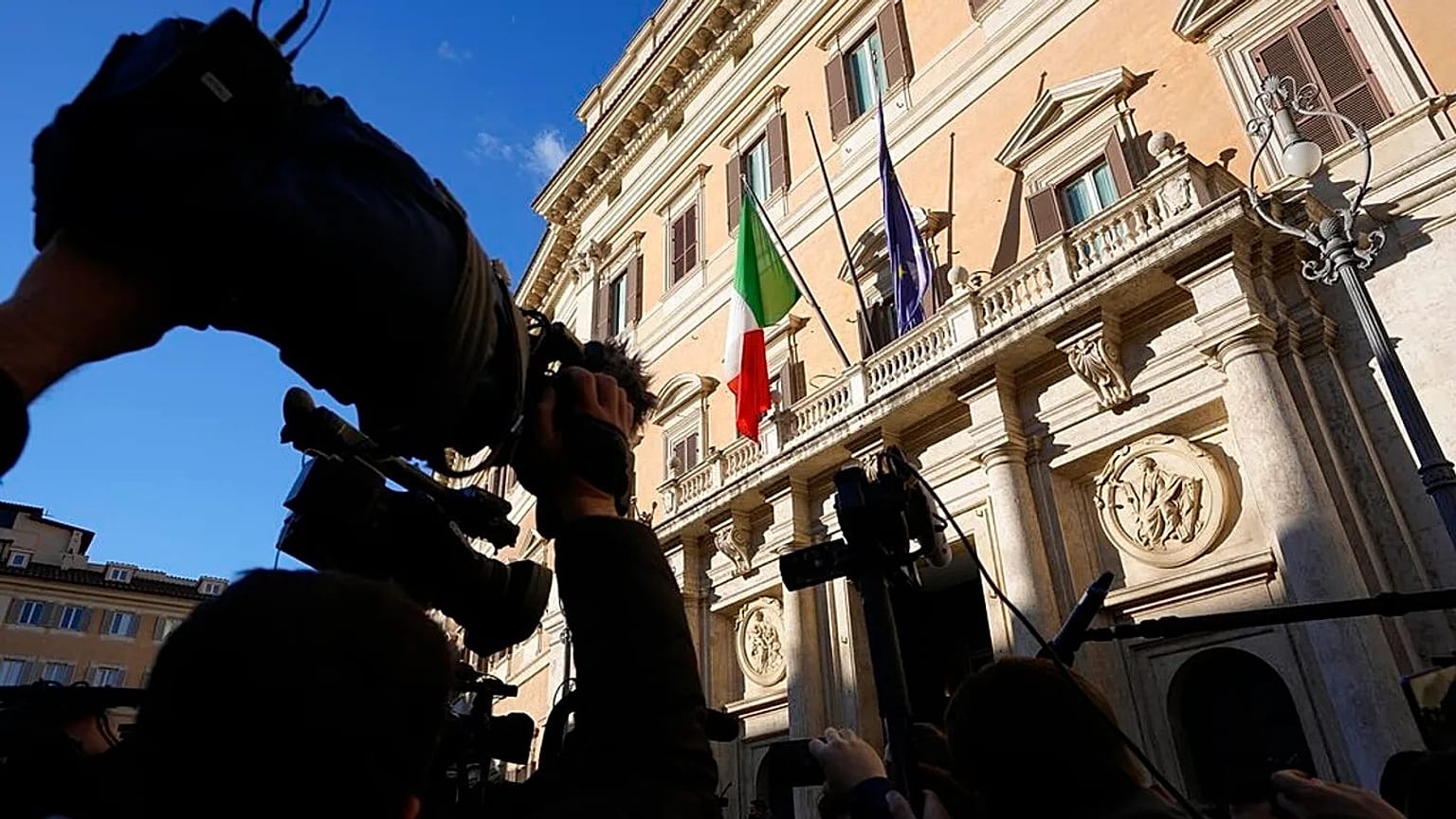The 2026 budget plan, worth around €18 billion, is expected to reach Parliament in the coming days. It includes a wide range of measures such as an income tax cut and bonuses for working mothers. More divisive, however, is a proposal to increase the flat tax on short-term rentals.
An initiative to raise a flat tax on short-term rentals has sparked debate in Italy, both within the ruling coalition and the opposition.
The measure is part of Italy's 2026 budget draft, due to be passed in Parliament by the end of the week before heading to the Senate.
Lawmakers have suggested an increase in the flat tax to 26%, a levy that will apply to both individual landlords and platforms that manage these rentals.
Currently, the rate is 21% on the first property rented and 26% on additional properties.
Centre-right party Forza Italia and right-wing Lega were against the proposal.
“Raising taxes on those renting a single property to tourists is a mistake,” said Carlo De Romanis, Forza Italia’s head of tourism, arguing it would hurt small landlords, limit tourism in rural areas, and encourage tax evasion.
Deputy Prime Minister and leader of Forza, Antonio Tajani, called the move "a mistake that can be corrected".
Also holding the role of Deputy Prime Minister, Lega head Matteo Salvini, said: "The increase in the flat-rate tax on short-term rentals doesn't seem like a good way to boost domestic demand and private enterprise."
In Italy, a short-term rental refers to a property let out for a period of less than 30 days.
Other proposals in the budget
The draft bill approved by the government last Friday, which currently contains 137 articles, is set to cost around €18 billion.
This marks a decrease from previous years as the state seeks to limit spending, although it still includes a number of giveaways.
For instance, the bonus for working mothers is set to rise from €40 to €60 a month. Those eligible must have at least two children and not earn more than €40,000 a year.
The budget also proposes a change to parental leave, suggesting that parents should be eligible to request time off until the child reaches 14 years of age. That's compared to the current 12 years.
When it comes to staying home with a sick child, parents will have the right to take 10 days of leave, compared to the current 5 days. That applies to those who are caring for children between the ages of 3 and 14.
Income taxes
One pivotal part of the 2026 budget is the cut in the second income tax bracket rate from 35% to 33%, applying to annual incomes between €28,000 and €50,000. This measure is expected to cost the state about €2.8 billion.
There are also incentives for contract renewals for lower-income workers (up to €28,000 a year), with a proposed 5% rate applied to salary increases in both 2025 and 2026.
When it comes to those paying owed taxes — the payer will be able to spread costs over nine years, in 54 bimonthly instalments. However, missing two payments could nullify the agreement, requiring immediate full payment.
On the increase of the retirement age, there are no major announcements. Economy Minister Giancarlo Giorgetti has mentioned raising the retirement age by one month in 2027 and two months in 2028. Minimum pensions will increase by €20 per month.
"A budget with no parent"
Ubaldo Pagano, from Italy's centre-left Democratic Party (PD), branded the current fiscal proposals "a budget with no parent". The PD also argue that the dispute over short-term rentals only highlights divisions within the ruling coalition.
Gaetano Pedullà, deputy head of the Five Star Movement’s European Parliament delegation, called the proposal “unacceptable”. The political party campaigns on a left-wing agenda.
“Meloni is filling the state’s coffers by raising taxes on homeowners,” said Pedullà.


















